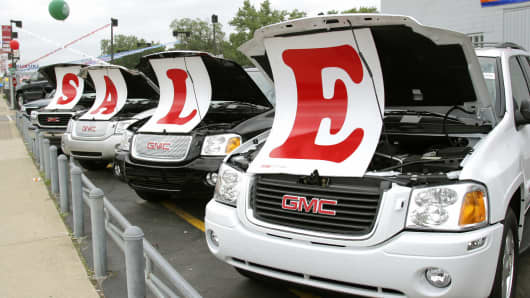When you are responsible for $187 billion in pension funds that more than 700,000 people depend on for their retirement security, you consider investments very carefully. Avoiding unnecessary risk is key. So is recognizing opportunity in growing markets and innovative companies.
That is why, in my role as investment adviser to the New York City's pension funds, I am calling on American automakers to resume supporting strong national fuel-economy and emissions standards. As demonstrated by a Ceres analysis, robust miles-per-gallon standards provide market certainty, spur innovation and make U.S. auto manufacturers and suppliers more competitive in a global market that demands increasingly clean and efficient cars and trucks. They also mitigate climate change, which is one of the world's greatest long-term economic risk factors, and something no serious institutional investor can ignore.
Here's the backstory: in 2011, industry executives joined labor leaders, government officials, consumer advocates and environmental groups in supporting strong miles-per-gallon and emissions standards through the 2025 model year. And that decision has paid off: U.S. automakers have seen record profits as they develop cleaner passenger cars and trucks that go farther on every gallon of gas.
But the installment of a new Administration provoked a sudden U-turn. Car companies have wasted no time in calling for loosening the standards and rolling back the progress they had previously supported. It's a dangerous and short-sighted back-track – the transportation sector is now the largest source of greenhouse gas emissions in the U.S., making preserving these standards critical to meeting our climate goals.


